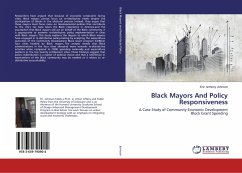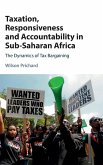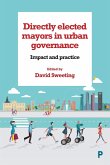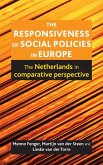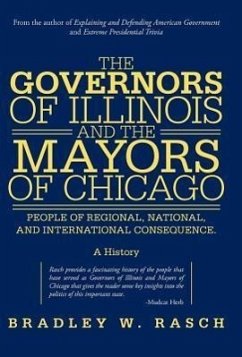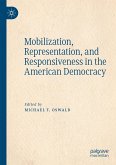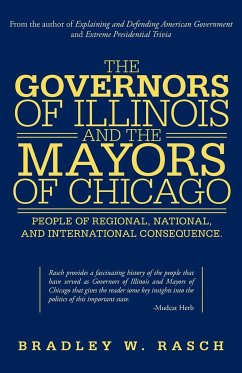Researchers have argued that because of economic constraints facing cities, Black mayors cannot focus on re-distributive needs despite the participation of Blacks in the electoral process. Instead, they argue that these mayors must focus more on developmental policies that contribute to the city's tax base. Given the Black experience in America,and the assumption that Black mayors will act on behalf of the Black community, it is appropriate to examine re-distributive policy implementation in cities with Black mayors. This study explores the degree to which Black mayors have engaged in re-distributive policy-making by analyzing the expenditure outcomes of the Community Development Block Grant program (CDBG)in four cities headed by Black mayors. The analysis reveals that Black administrations in the four cities allocated more towards re-distributive activities when compared to CDBG spending nationally and expenditure patterns in the top twenty entitlement cities. These findings suggest that policy redistribution is a matter of political choice and that a redirection in expectations of the Black community may be needed as it relates to re-distributive accountability.
Bitte wählen Sie Ihr Anliegen aus.
Rechnungen
Retourenschein anfordern
Bestellstatus
Storno

